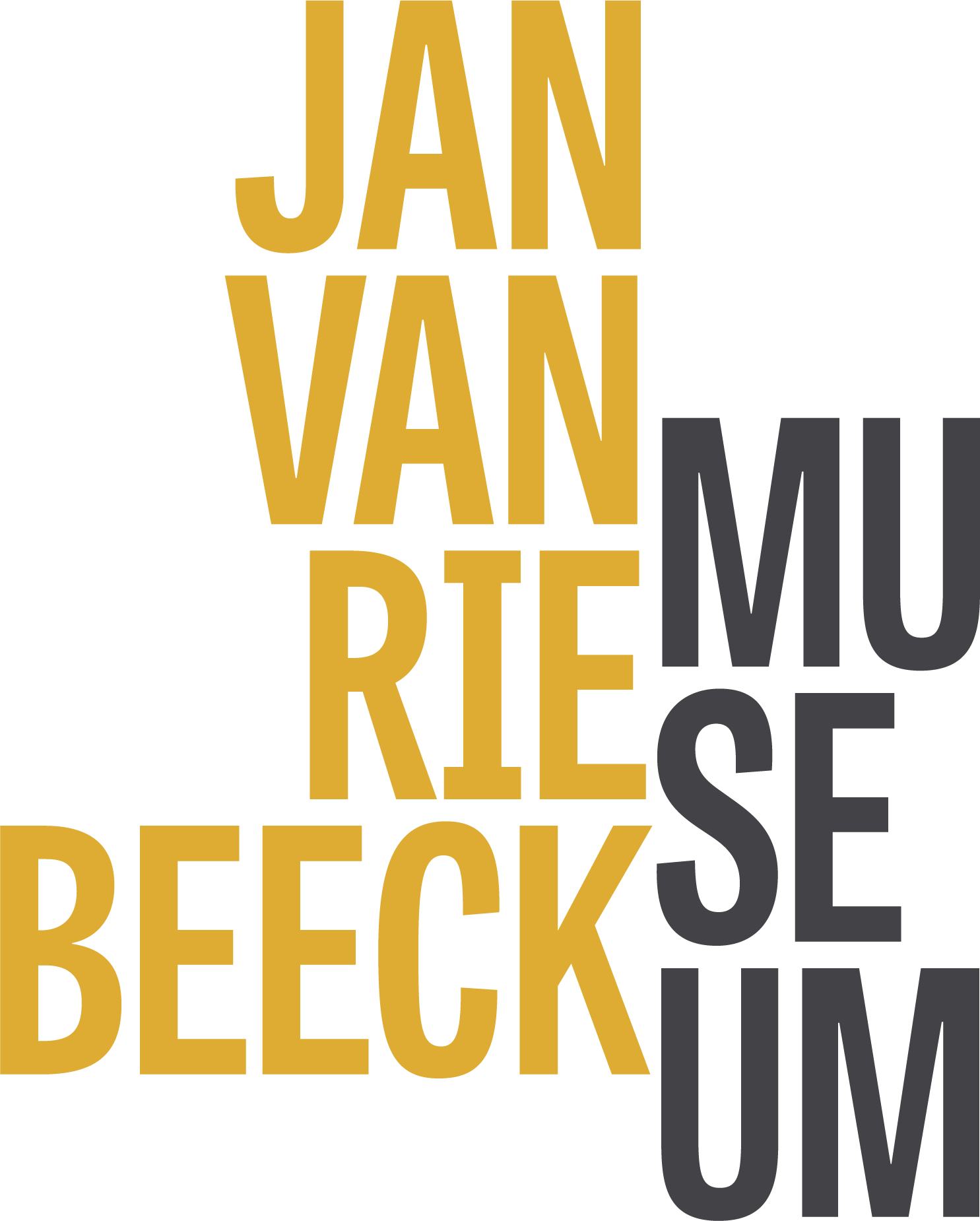Painted in October 1909, the remarkably expressive and dynamic Both Members of This Club is the third and largest of George Bellows’s early prizefighting subjects. The painting’s title is a reference to the practice in private athletic clubs of introducing the contestants to the audience as “both members” to circumvent the Lewis Law of 1900 that had banned public boxing matches in New York State. Boxing was a controversial subject, but the interracial theme made this painting even more so, especially since the black boxer appears to be winning the match.
It is likely that Bellows intended Both Members of This Club as an allusion to the recent and much-publicized success of the African American professional prizefighter Jack Johnson, who had won the world heavyweight championship in 1908. The idea of a black boxing champion was so unsettling to the prejudiced social order of the time that many thought interracial bouts should be outlawed. Painted at the height of the Jim Crow era, Bellows’s powerful delineation of a white fighter about to be defeated by a black opponent was an exceptionally daring and provocative piece of social commentary.
In the early twentieth century, the artist George Bellows aspired to represent the rough edges and dark aspects of New York City. In his early twenties, Bellows moved to the city from Ohio, where he had attended the Ohio State University and played baseball and basketball. He studied with Robert Henri at the New York School of Art and became part of an informal group of American artists that came to be called the “Ashcan School” due to the painters’ gritty brand of realism and the apparent muddiness of their color palettes. Henri, who led the group, encouraged his associates, a number of whom had been illustrators in Philadelphia, to sketch and paint from real life. Typical subjects for Henri, Bellows, and their Ashcan brethren included rough-and-tumble youths, working class people, immigrant communities, and the hubbub of the urban street. While still in his twenties, Bellows painted Both Members of This Club (1909), one of his most recognizable images.
In the painting, two men, one white and the other black, on the left and right respectively, engage one another in a prizefighting (boxing for cash prize) ring. The painting’s style reinforces its subject matter. Bellows’ brushstrokes underscore the violence, physicality and vigorous action of the match. Bellows applied paint with a quickness and sketchiness that echoes the energetic movement of the athletes and the flickering of low light as it bounces across the faces of the rowdy, restless audience. The forms, while distinct, are not delicately rendered, but instead are roughly described. Slashes of paint are particularly noticeable in the highlights along the black boxer’s back and side. They are also apparent in the streaks of red, evoking blood, by the elbow of the white boxer, along his ribs and stomach, and across his neck and chin.



